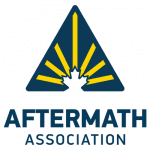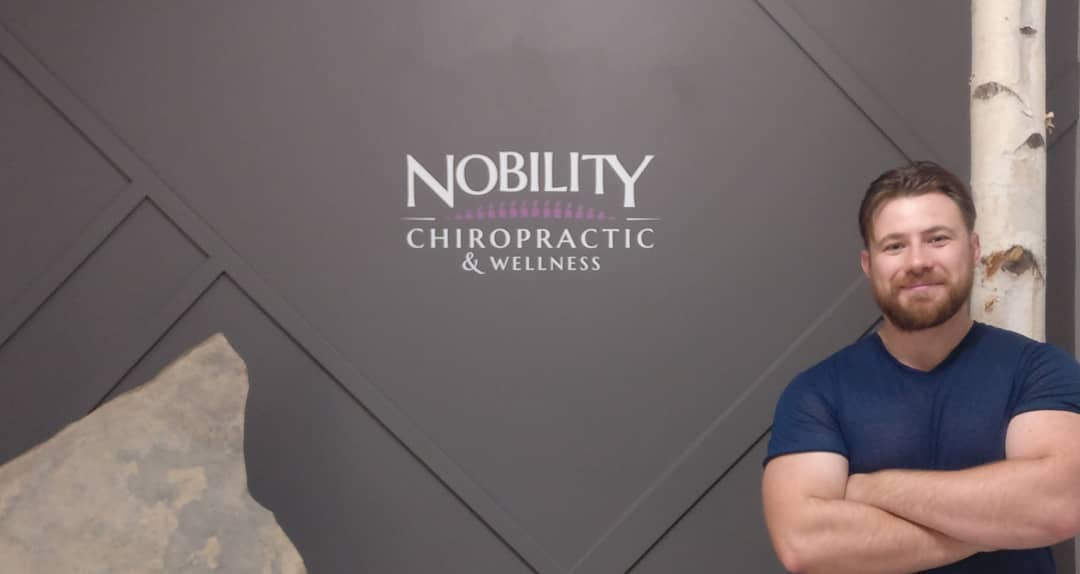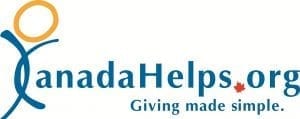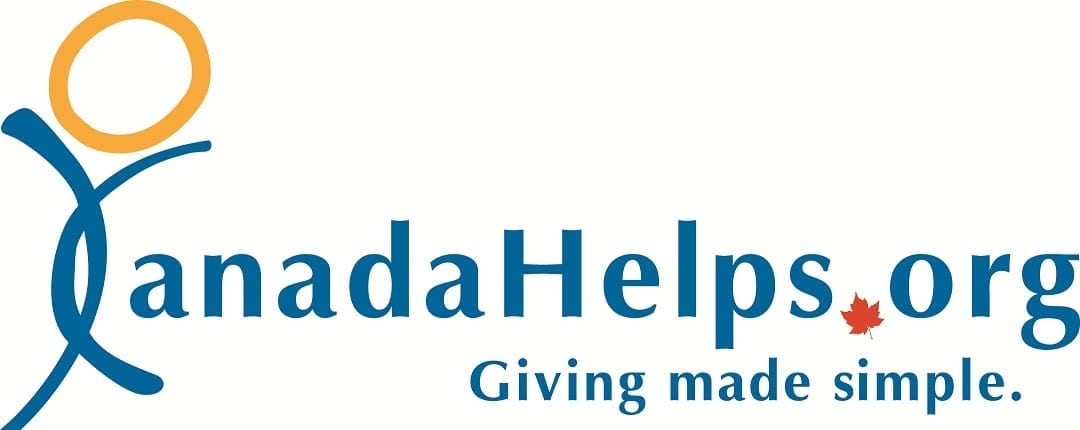Aftermath Chats are our way of connecting the PTSD-support community and highlighting some of the amazing work being done.
Today we feature Dr. Bryan Pankow, an Ottawa and Smith Falls-based chiropractor and founder of Nobility Chiropractic. Bryan is dedicated not only to serving military professionals, and first responders but he has also donated his services for Camp Aftermath participants on Roto 1 which is scheduled to start in early 2019.
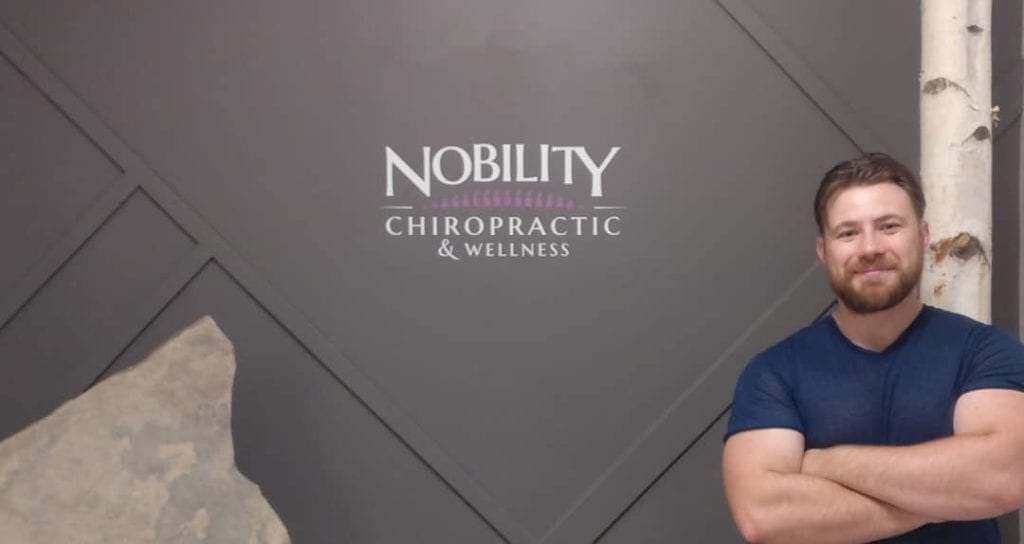
___________________________________________________________________________________________________________________________
How you can help
There are currently many amazing programs that focus on helping veterans and first responders suffering from PTSD. If you believe in our cause, please help us make a difference in the life of five military veterans and first responders slated to experience our three-phase program in early 2019. You can donate to our campaign on Canada Helps.
We are a registered charity with Canada Revenue Agency. For more information, please visit our status page on the Canada Revenue Agency website.
